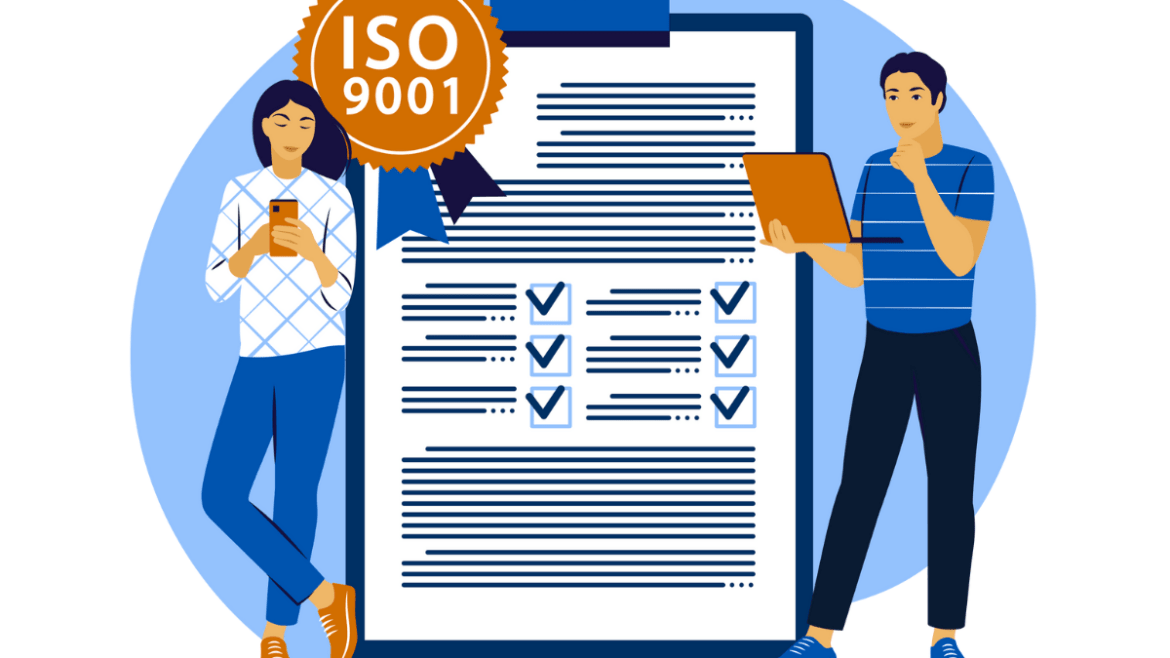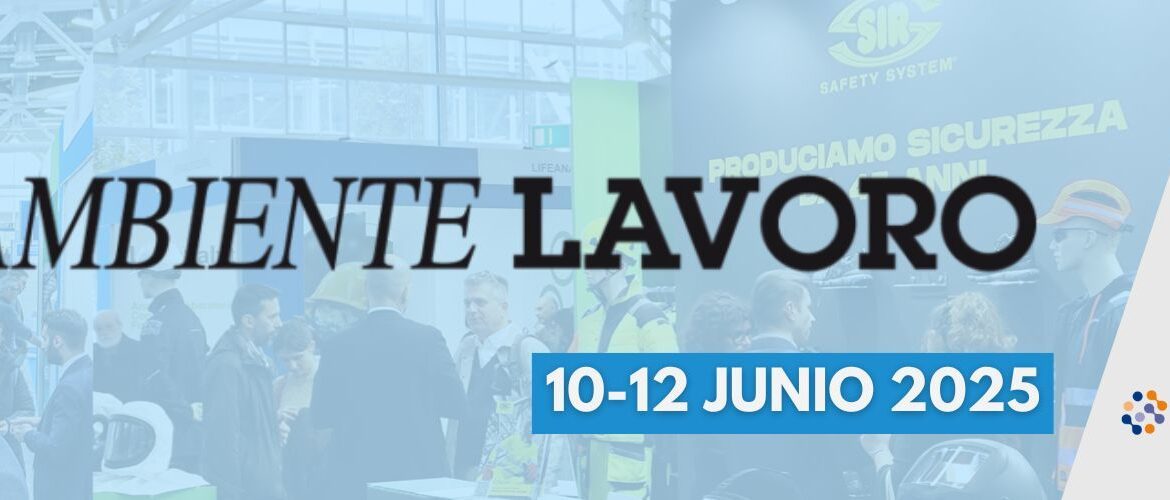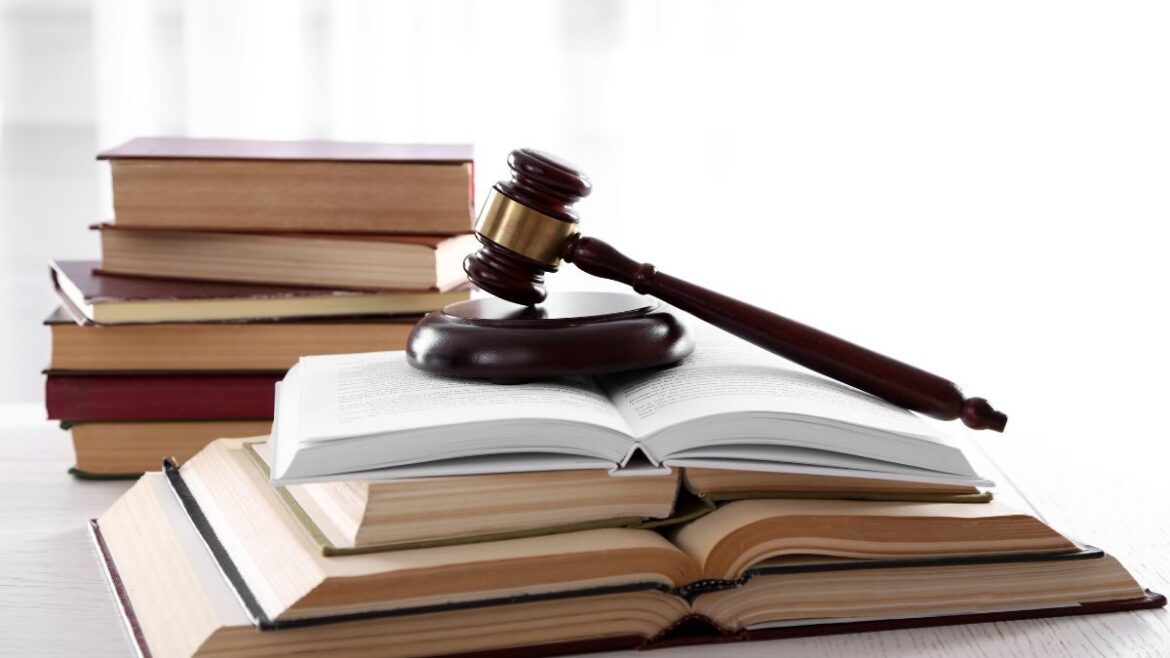Identifying the environmental regulations that affect a company is an essential process to ensure legal compliance and avoid sanctions. In Spain, environmental legislation is extensive and organised at different levels, from European regulations to municipal ordinances. This article will guide you step-by-step on how to identify and correctly apply the environmental regulations relevant to your company, with a special focus on the use of tools such as EcoGestor Legislación to facilitate this process.
1. Understand the company’s business
The first step in identifying applicable environmental regulations is to understand how the company’s activities interact with the environment. Some key questions include:
- What kind of activities does the company carry out (e.g. production, transport, waste management)?
- Does it use natural resources and does it generate emissions or discharges?
- Where is the company located and what local regulations might apply?
2. Identify environmental legislation in Spain
In Spain, environmental legislation is structured at different hierarchical levels:
- EU legislation (European Union): Regulations and directives that set basic standards and are directly or indirectly applicable in Spain. Key examples include the directives on industrial emissions and the protection of biodiversity.
- State legislation: Based on the Spanish Constitution and developed through organic laws, royal decrees and ministerial orders. Article 45 of the Constitution establishes the right to an adequate environment and the duty to preserve it.
- Autonomous community regulations: Each autonomous community in Spain has the capacity to establish stricter regulations than those of the state, especially in areas such as waste management and air pollution.
- Municipal ordinances: Although municipalities do not have legislative powers, they can regulate specific aspects such as noise, landfills and waste management through local ordinances.
3. Review European standards and their application in Spain
Spain, as a member of the European Union, is obliged to comply with European environmental regulations. This includes the implementation of directives and regulations affecting various areas such as waste management, climate change and air quality. It is crucial to review how these European rules are transposed into Spanish law and how they are applied in practice.
4. Consult specialised sources and digital tools
To ensure that the company complies with all applicable environmental regulations, it is advisable to use specialised digital tools such as EcoGestor Legislation. This software facilitates:
- Identification and management of legal requirements: Allows companies to identify which regulations affect them according to their sector and location.
- Continuous updating: EcoGestor keeps companies up to date with the latest legal updates, which is essential given the frequency with which new regulations are published.
- Expert advice: Specialised environmental consultants provide ongoing support in interpreting and applying regulations.
5. Conduct environmental audits
Environmental audits, whether internal or external, are essential to assess the degree of regulatory compliance and to identify areas for improvement. These audits should review documentation, verify on-site operations and assess environmental risks.
6. Keeping informed and adapting to legislative changes
Environmental regulations in Spain are constantly evolving. Keeping up to date is a complicated task that requires daily dedication to review all the official bulletins, both at state, regional and local level. This effort is essential to ensure that the company complies with all legal obligations and does not incur penalties.
7. Implement an environmental management system (EMS).
Adopting an environmental management system in accordance with ISO 14001 can be an effective strategy for integrating legal compliance into all company operations. A well-implemented EMS not only ensures compliance, but also improves efficiency and reduces environmental impact.
Conclusion
Identifying the environmental regulations that affect your company is an ongoing and complex process, especially in a regulatory environment such as Spain. The large number of regulations and the frequency of updates require daily monitoring of official bulletins. Tools such as EcoGestor Legislación are essential to manage this challenge, allowing companies to keep up to date with regulations and ensure effective compliance. By following these steps, your company will not only avoid penalties, but also contribute to a more sustainable environment and better management of your resources.
Request your free DEMO here and find out how we can help you.











